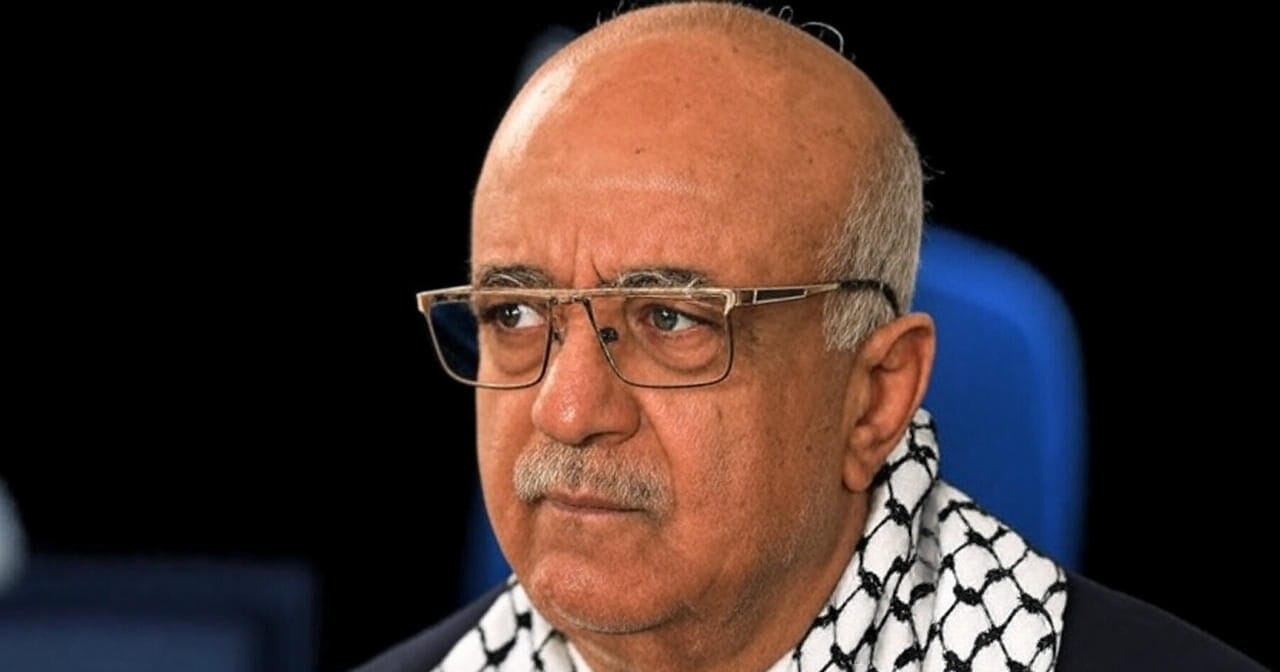
On August 28, 2025, a devastating Israel airstrike struck the heart of Sanaa, Yemen, killing Ahmed Ghaleb al-Rahawi, the prime minister of the Houthi-led government, and several top officials in a daring operation. The attack, executed in the Beit Baws district, targeted a covert meeting, marking a dramatic escalation in Israel’s campaign against the Iran-backed Houthi rebels. This bold move comes amid heightened Houthi attacks on Israel and disruptions to Red Sea trade routes, driven by their support for Palestinians in the ongoing Israel-Hamas conflict. The strike has ignited tensions, threatening to reshape Yemen’s civil war and the broader Middle Eastern geopolitical landscape.
Origins of the Conflict
Houthi-Israel Hostilities
Since seizing Sanaa in 2014, the Houthis have consolidated power in northwestern Yemen, waging a relentless war against the country’s internationally recognized government. Fueled by Iranian support, they have escalated their campaign against Israel, deploying advanced drones and missiles in solidarity with Gaza. A pivotal moment came on August 22, 2025, when the Houthis launched a cluster munition at Israel, prompting a fierce Israeli response to curb their growing threat.
Israel’s Tactical Overhaul
Earlier Israeli operations in Yemen, including a July 2024 strike on Houthi-controlled Hodeidah port and an August 24, 2025, attack that claimed 10 lives and injured dozens, focused on dismantling infrastructure. The August 28 strike signals a strategic shift, targeting the Houthi leadership directly.The Israeli Defense Forces used accurate intelligence to target important leaders, which is said to have included the Defense Minister Mohamed al-Atifi and the Chief of Staff Muhammad Abd al-Karim al-Ghamari.
The Airstrike’s Execution and Fallout
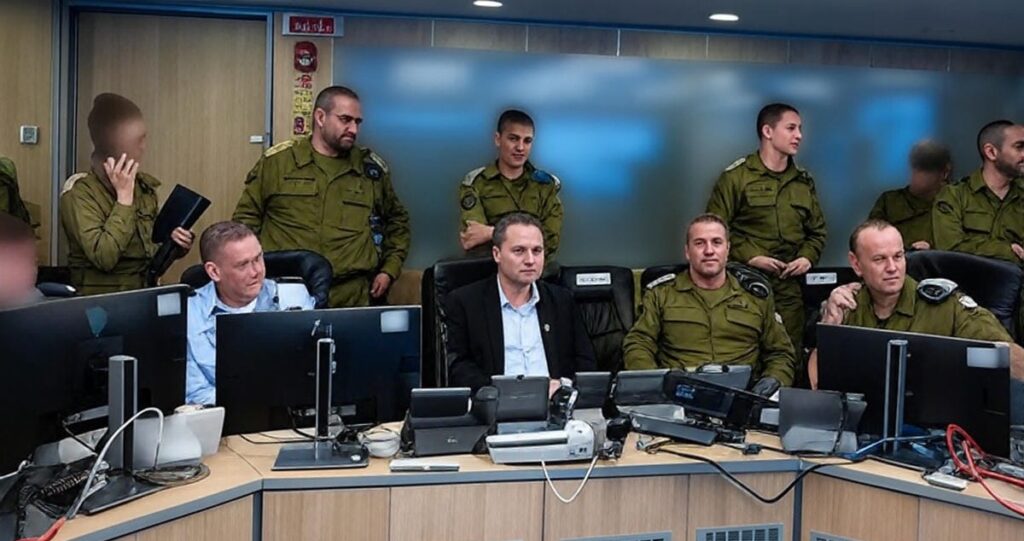
A Calculated Assault
The operation hit a nondescript facility in Sanaa, where Houthi leaders were gathered for a high-level meeting. The IDF described the strike as a “targeted hit” on a Houthi stronghold, showcasing Israel’s advanced surveillance and air superiority. Regional sources suggest additional senior officials, potentially including ministers of justice, labor, and foreign affairs, were killed, though the Houthis have yet to confirm the full scope of losses.
Immediate Repercussions
- Ahmed Ghaleb al-Rahawi: The prime minister who was killed, a well–known person from Abyan province and connected to the former president Ali Abdullah Saleh, was also a major leader in the Houthi group.
- Other Losses: Several high-ranking officials were likely killed, though their identities remain unconfirmed, intensifying the leadership vacuum.
- Houthi Vow of Revenge: Leader Mahdi al-Mashat promised retaliation, reaffirming the group’s commitment to the Palestinian cause. Deputy Prime Minister Mohammed Ahmed Muftah was named interim leader.
Regional and Global Consequences
Houthi Operational Setbacks
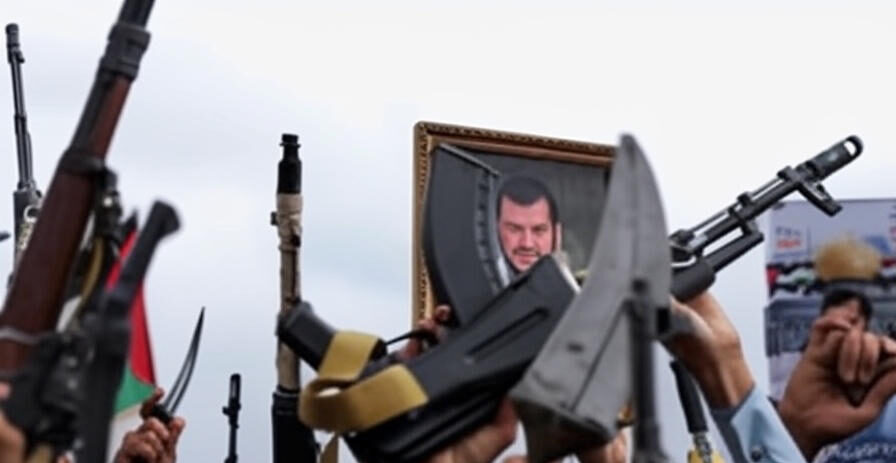
The strike represents a significant blow to the Houthi leadership, potentially disrupting their ability to coordinate attacks. However, their history of resilience against sustained U.S. and Saudi-led campaigns suggests they may soon regroup, possibly escalating strikes on Israel or Red Sea shipping routes.
Broader Implications
- Iran’s Response: As the Houthis’ main backer, Iran may bolster support for the group or its regional allies, risking a wider conflict.
- Yemen’s Ongoing Strife: The attack complicates Yemen’s civil war, where the Houthis face resistance from local factions and external powers like Saudi Arabia and the UAE.
- International Dynamics: The U.S., a close Israeli ally, has remained silent on the strike, though its prior actions against Houthi targets imply tacit approval.The United Nations might have to work harder to help settle conflicts.
Future Prospects
The loss of al-Rahawi and other leaders could hinder Houthi operations in the short term, but their adaptability suggests a rapid recovery. Israel’s aggressive targeting of leadership may deter further attacks but risks provoking a broader confrontation, potentially involving Iran or its proxies. Yemen’s humanitarian crisis, with over 130,000 deaths since 2015, remains a critical challenge, complicating global efforts to stabilize the region.
Conclusion
The August 28, 2025, airstrike in Sanaa marks a pivotal escalation in Israel’s fight against the Houthis, decisively targeting their leadership with surgical precision.The operation may reduce the group‘s power structure.As the Houthis regroup under new leadership, the international community faces a complex challenge in addressing the conflict’s immediate fallout and its long-term humanitarian impact. For the latest updates, refer to trusted sources like Al Jazeera, BBC, or Reuters.
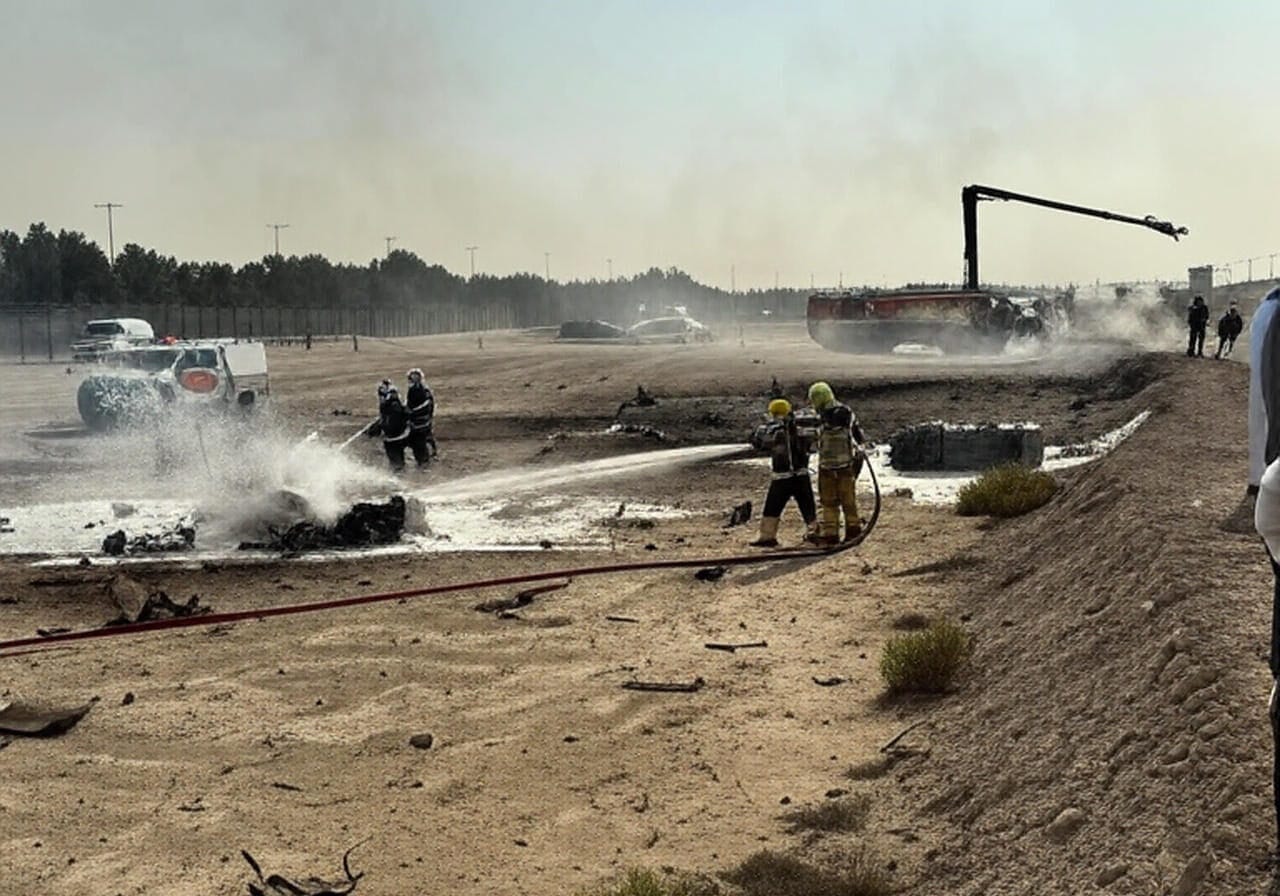
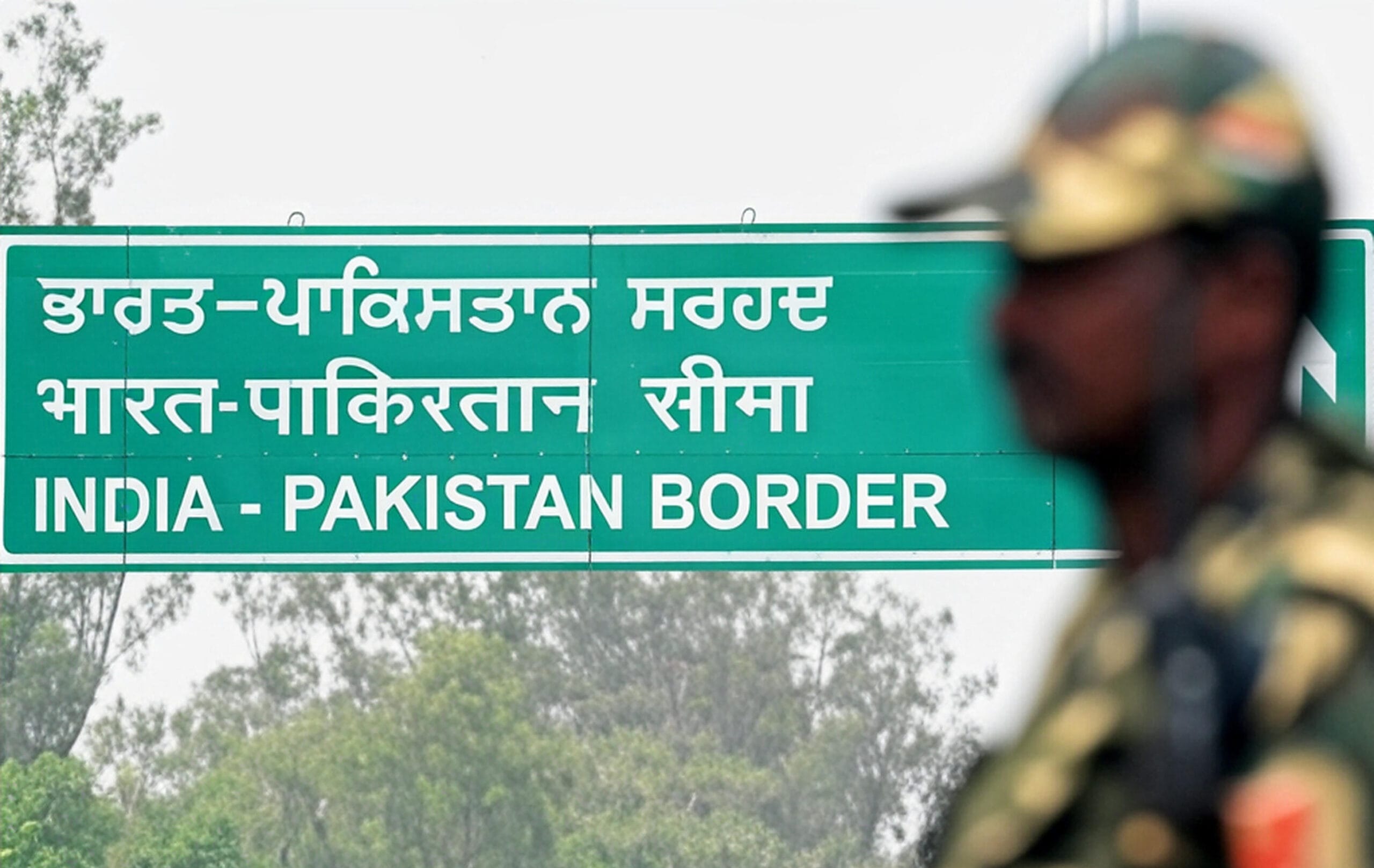
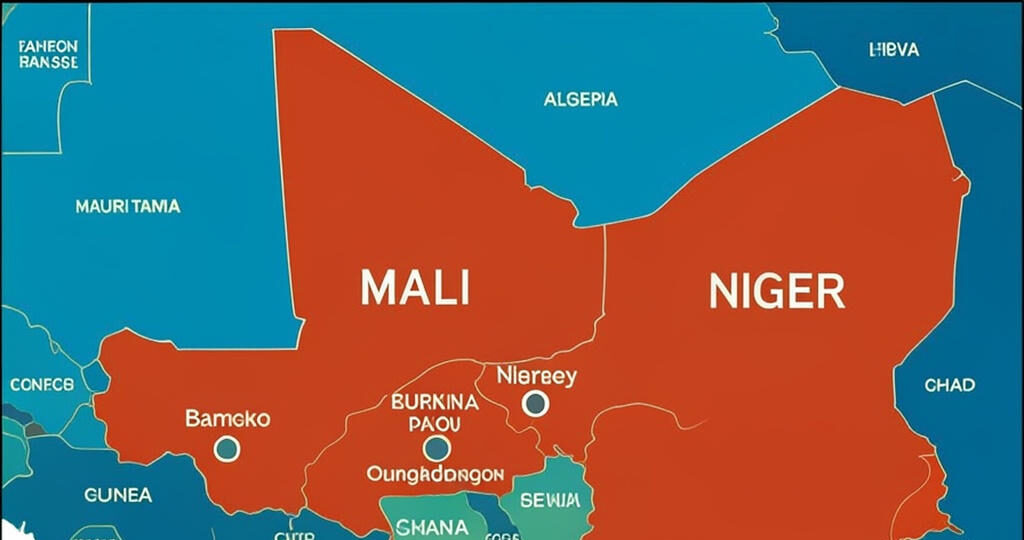
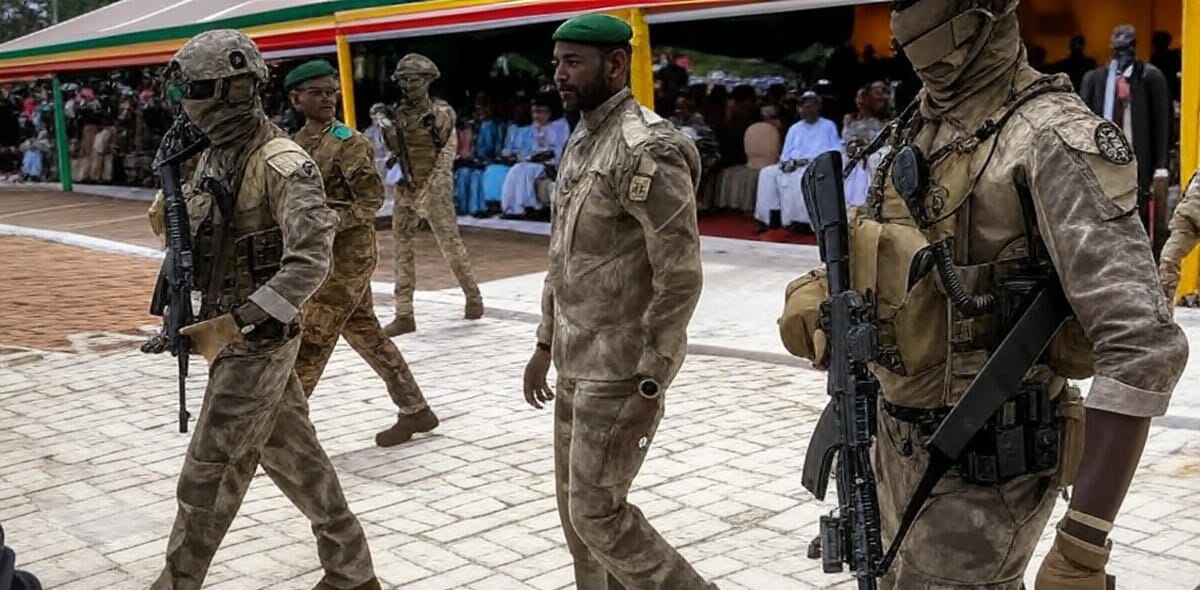
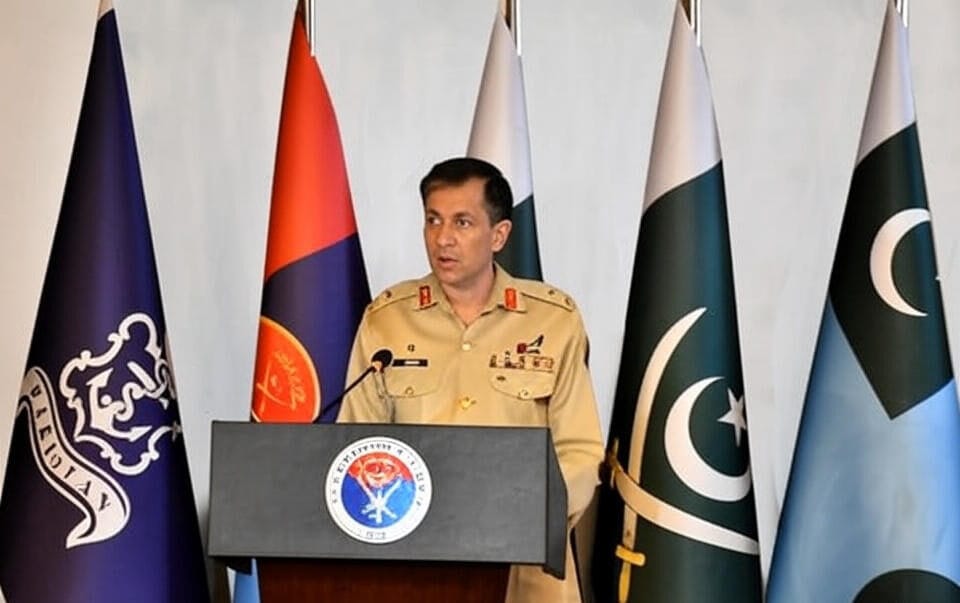
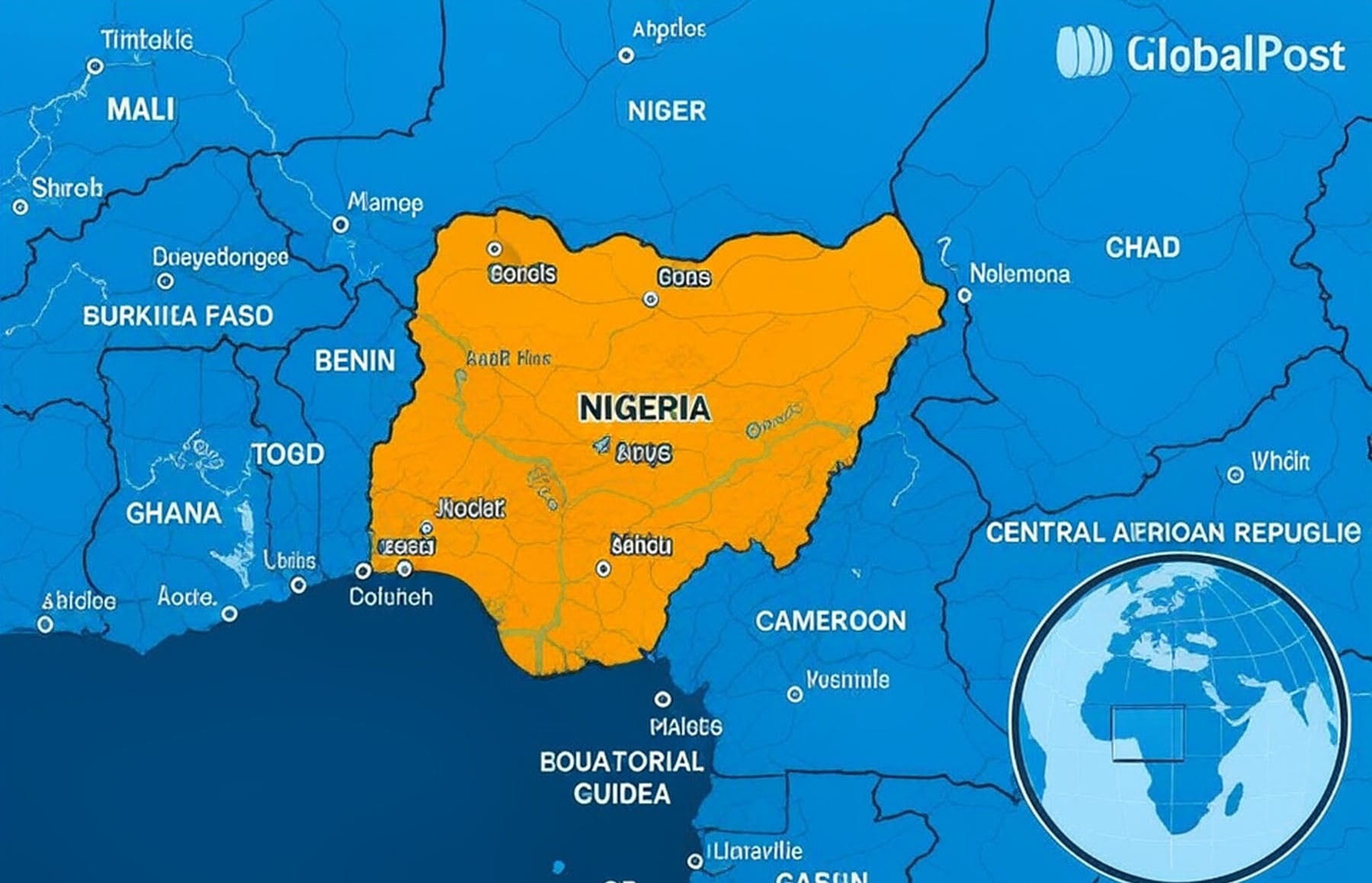
Scratch cards are such a fun, quick thrill! Seeing how easy Boss77 makes gaming accessible with options like GCash is impressive. Check out the boss77 app casino for a smooth experience – instant deposits are a game changer! 👍